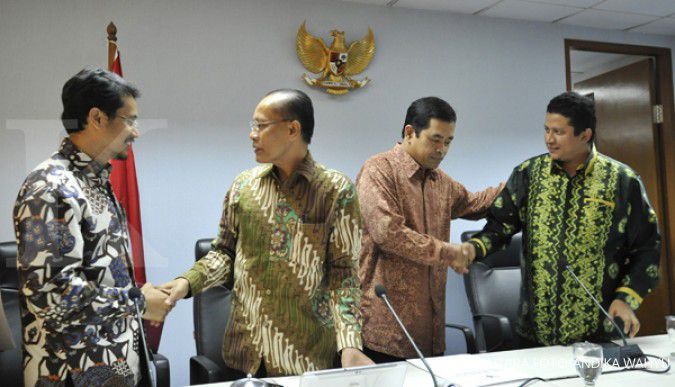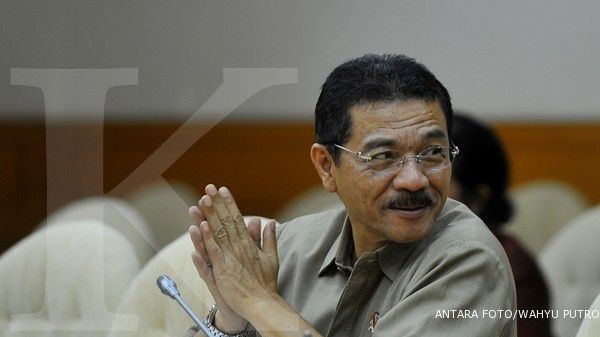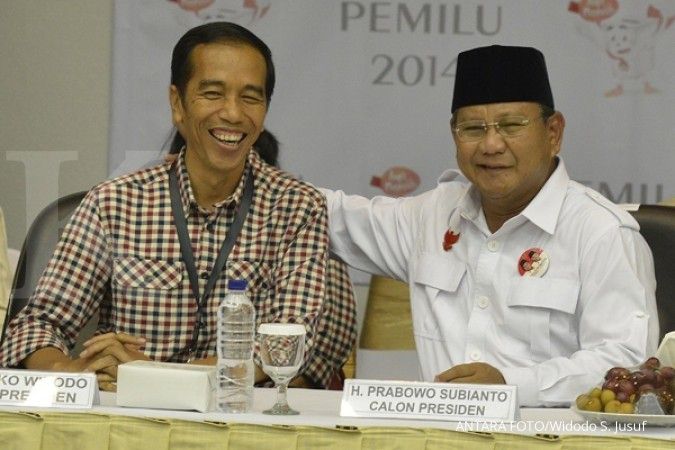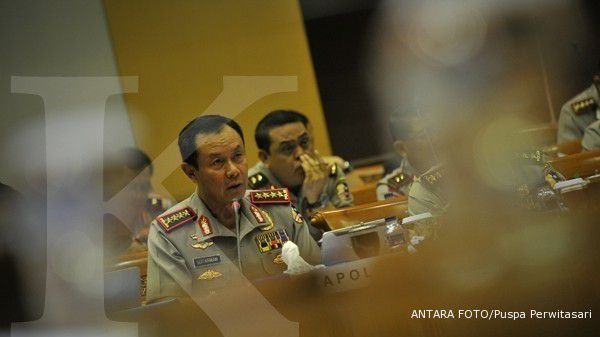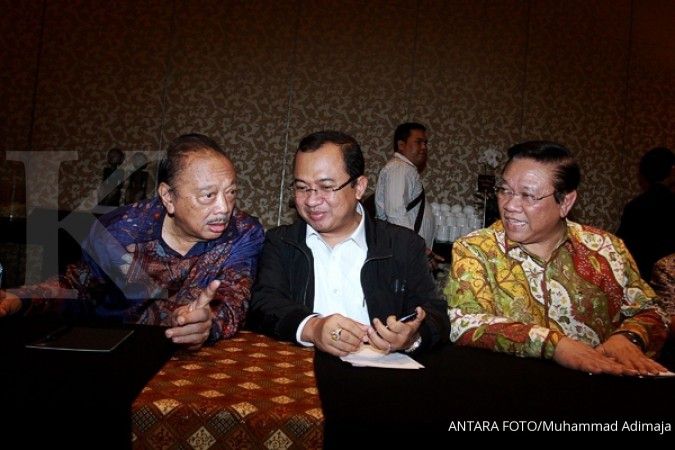JAKARTA. The Indonesian Broadcasting Commission (KPI) has again sent out warning letters to a number of television stations as a reprimand for their unbalanced coverage on the presidential race.
The five television stations under fire were Metro TV, TV One and three outlets of Media Nusantara Citra (MNC) Group: Global TV, MNC TV and RCTI.
“We have warned the five television stations about their unbalanced coverage of candidates’ campaign activities,” said KPI deputy chairman Idy Muzayyad in Jakarta on Monday.
Idy said television campaign coverage tended to be partisan, most likely a reflection of the political preferences of the owners of the private stations.
Earlier, KPI reports revealed that some television station owners had sided with the Indonesian Democratic Party of Struggle’s (PDI-P) Joko “Jokowi” Widodo-Jusuf Kalla presidential ticket, while others blatantly promoted the candidacy of the Gerindra Party’s Prabowo Subianto.
Metro TV is owned by NasDem Party chairman Surya Paloh, a supporter of the Jokowi-Kalla ticket. Meanwhile, Prabowo and his running mate Hatta Rajasa enjoy endorsements from MNC Group boss Hary Tanoesoedibjo, as well as TV One owner and Golkar Party chairman Aburizal Bakrie.
Idy said that based on the results of KPI monitoring from May 19-25, Metro TV had dedicated a higher percentage of presidential election coverage to the Jokowi-Kalla ticket, while TV One and MNC Group had given more airtime to Prabowo and Hatta.
The KPI recorded that Metro TV gave Jokowi-Kalla coverage on 187 occasions during the period, higher than Prabowo-Hatta’s figure of 110.
Conversely, at TV One, there were 153 examples of Prabowo-Hatta campaign coverage, while the Jokowi-Kalla campaign garnered only 79. On RCTI, the disparity was even greater, with Jokowi-Kalla appearing seven times compared to more than 30 times for Prabowo-Hatta.
In an earlier statement, KPI member Fajar Arifianto Isnugroho said that together with the Indonesian Press Council, the commission would impose sanctions on television stations found guilty of unbalanced campaign coverage.
In February, the General Elections Commission (KPU) and the KPI signed a memorandum of understanding (MoU), agreeing to work together in monitoring the use of broadcasting as a campaign tool for the general elections.
The monitoring was deemed necessary to prevent broadcast media from being abused and exploited for political purposes.
The PDI-P faction at the House of Representatives called on the KPI to do more than send warning letters to television stations as they had all been ignored.
“The KPI should not allow this to happen [...] especially when it comes to character assassination. If there’s no law enforcement there will be chaos,” said Tri Tamtomo of House of Representatives Commission I on defense, foreign affairs and information during a hearing with the KPI on Monday.
Responding to the call, KPI chairman Judhariksawan said the commission could do nothing more than reprimand violators as its authority was severely limited by prevailing regulations.
He said that the Broadcasting Law needed to be amended to empower the commission.
Television stations warned about poll coverage
June 03, 2014, 11.02 AM
/2014/02/21/780367357.jpg)
ILUSTRASI. Kapan Boruto Episode 282 Rilis? Berikut Sinopsis dan Jadwal Tayang Sub Indo Resmi
Source: The Jakarta Post
| Editor: Hendra Gunawan
Latest News
-
March 02, 2026, 01.10 PM
Asian Assets Slide as Mideast Strikes Spark Oil Spike, Haven Rush
-
March 02, 2026, 10.49 AM
Bank Indonesia Monitoring Market Movements in Response to Conflict in Middle East
-
February 25, 2026, 08.28 PM
Inpex to Solicit Bids for Construction of Indonesia's Abadi LNG Project in Mid-2026
-
February 24, 2026, 03.38 PM
Eni to Reach Final Investment Decision for Indonesia Gas Projects Next Month
-
February 24, 2026, 01.00 PM
Asia Stocks Try to Steady after Wall Street Selloff Sims Mood
-
February 23, 2026, 04.50 PM
Wall Street Futures and Dollar Slide on Trump Tariff Tumult
-
February 23, 2026, 02.17 PM
Indonesia's Government Spending Jumps 26% in January 2026
-
February 23, 2026, 01.47 PM
Indonesia's Government Spending Jumps 26% in January
-
February 21, 2026, 06.00 AM
Indonesia's Pertamina to Maintain Bidding Process for US Energy Imports
